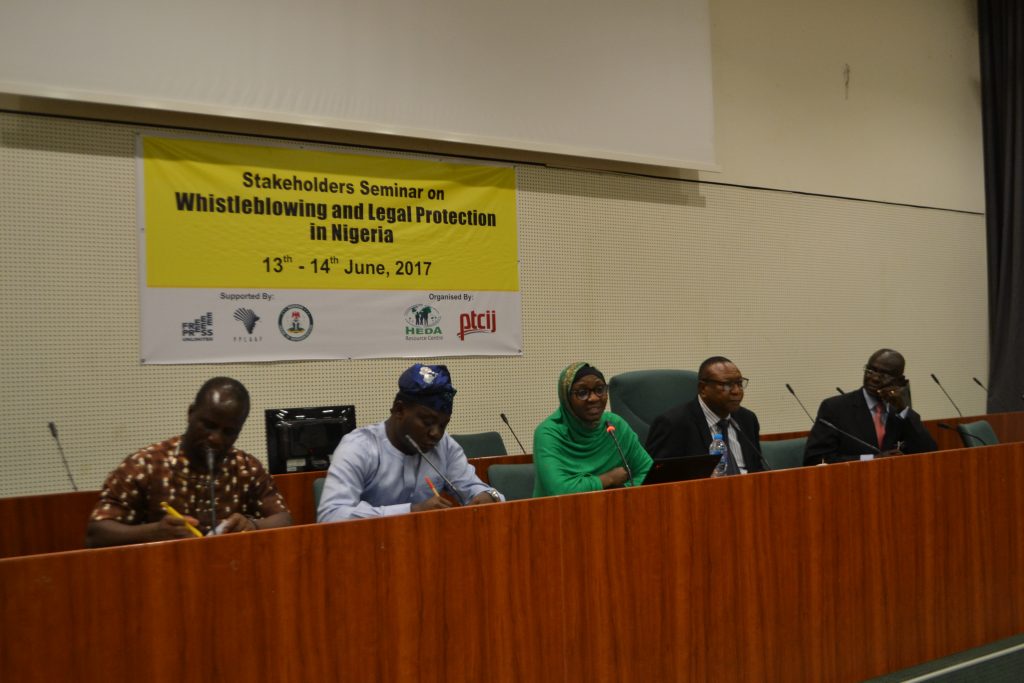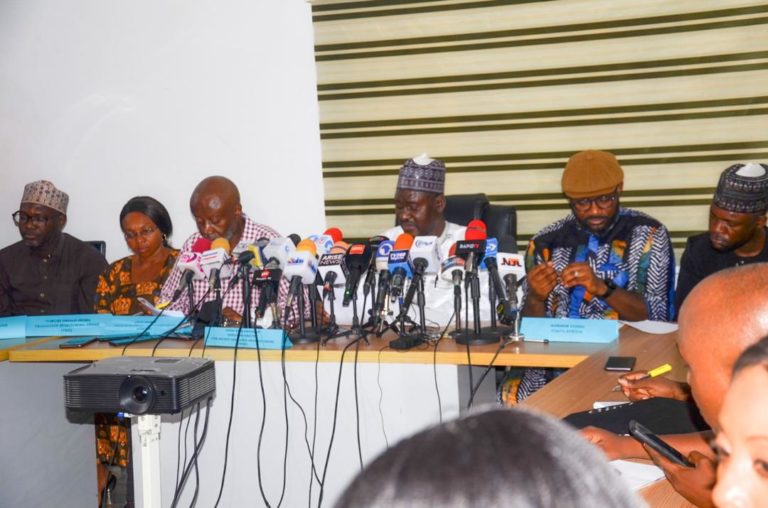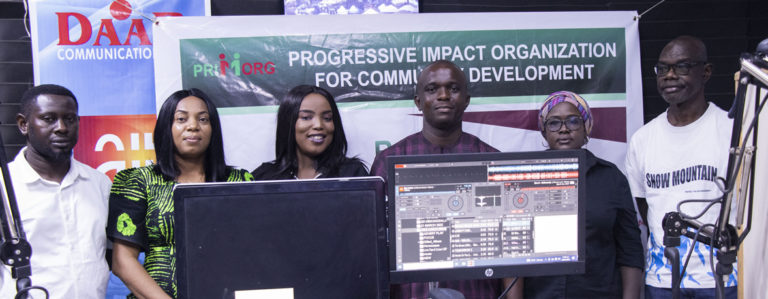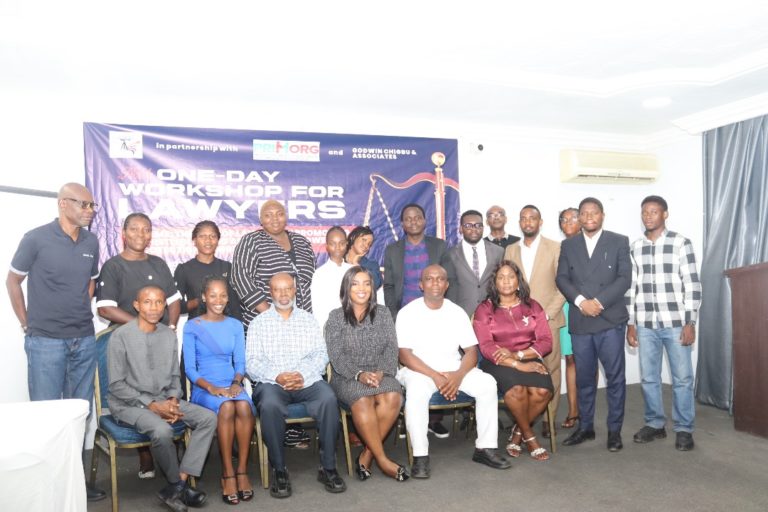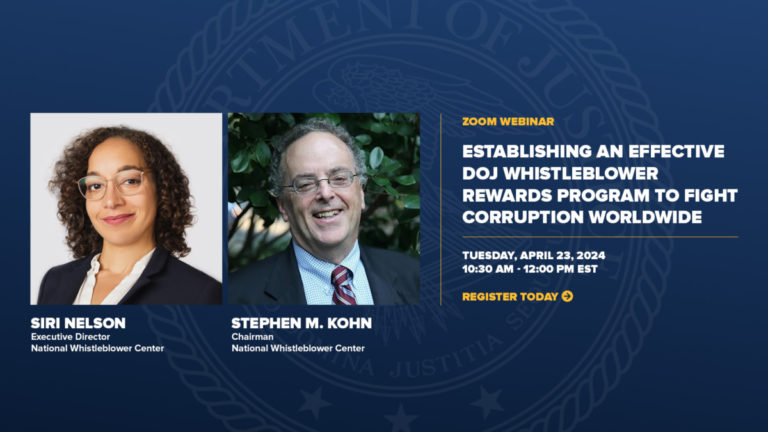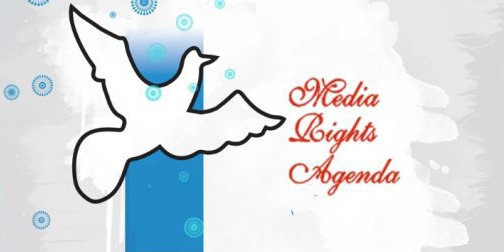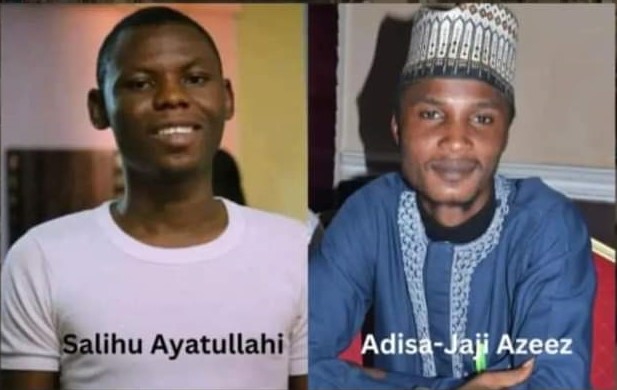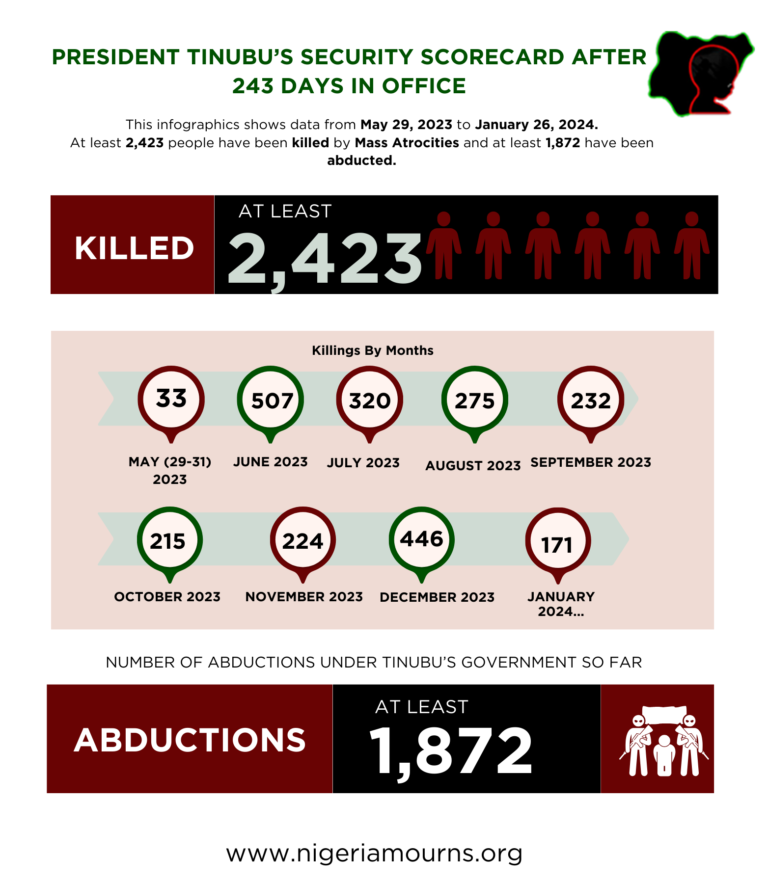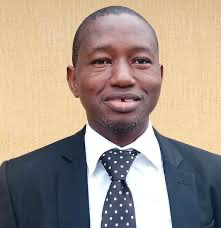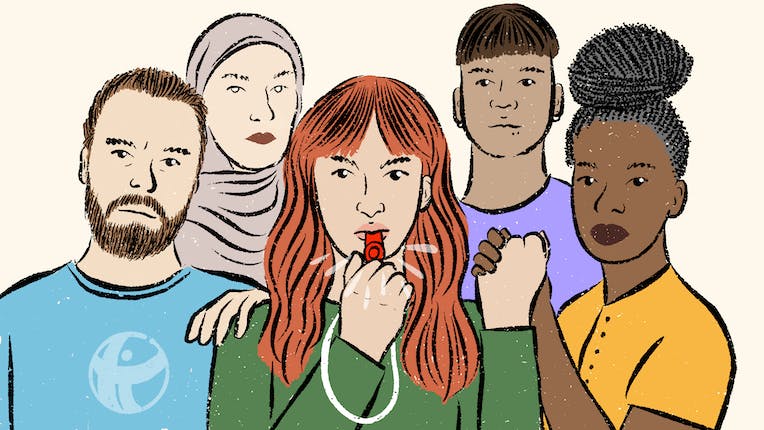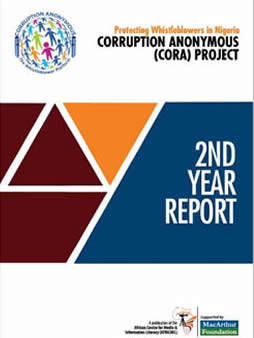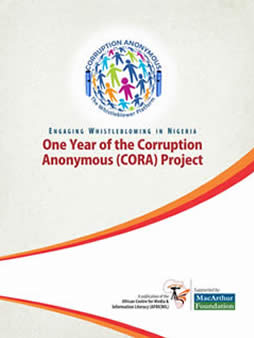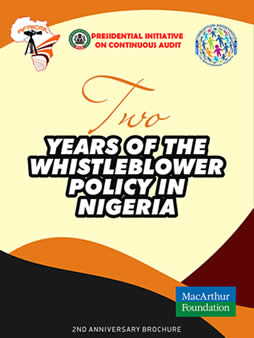Background
The HEDA Resource Centre in collaboration with the Premium Times Centre for Investigative Journalism and the House of Representatives Committee on Financial Crimes convened a 2-day high-level stakeholders’ seminar to engage the legislative process of enacting a whistleblowers protection law for the country. The opening session was chaired and declared opened by Rt. Honourable Yakubu Dogara, Speaker, Federal House of Representatives. In attendance at the seminar were: Chairman and members of the House Committee on Financial Crimes; representatives of Open Government Partnership, Office of the Attorney General of the Federation; Director General, National Orientation Agency; representative of United Nations Office on Drugs and Crimes; representative of the Acting Chairman of EFCC; media practitioners, labour unions, civil society leaders; NUJ President; and acting President of National Youth Council;
Keynote address on Citizenship and Fight Against Corruption; Promoting Civil Participation and Protecting Actors Under a Whistleblower Protection Law was delivered by representative of the Acting Chair of EFCC, Mr. Ibrahim Magu. Resource persons presented papers that were intensively discussed by various discussants and participants from across the country on the proposed Whistleblower Protection bill and other similar bills before the House.
Concerned about the rate of corruption in the country and the negative impact on the social, cultural economic, political and spiritual wellbeing of the people;
Knowing that corruption is a phenomenon with serious implications on stability and sustainable development of the country;
Aware of international best practices and the various United Nations Conventions on the importance of civil society involvement in the campaign against corruption like the United Nations Convention against Corruption (UNCAC) ratified by 169 state parties including Nigeria is one making anti-corruption a universal declaration.
Concerned that there is the need to create institutional framework for the promotion of the anti-corruption campaign and the associated issue of the need to promote public trust in the bill;
Convinced that the civil society has a very important role to play in promoting the anti-corruption campaign;
Observations:
Participants after extensive debates and cross fertilization of ideas on the Seminar theme and sub themes observed as follows:That corruption is partly as a result of the moral meltdown in Nigeria owing to years of misrule and gross manipulation of the social and economic resources towards person ends instead of promoting public good;
- That corruption has become a major obstacle to the socio-political development of Nigeria, with the country losing trillions of Naira to graft while illicit funds continue to enrich private individuals at the expense of the provision of social services for the people;
- That poverty, lack of the essentials of life, the growing social disequilibrium, class distinction, violence and extremism that have become recurrent decimal in Nigeria cannot be isolated from corruption;
Recommendations:
Mindful of the fact that for the current fight against corruption to record any success the three arms of government must be on the same page to unite against the cankerworm of corruption through collective action; the representatives of the civil society, labour, media and other important stakeholders after an extensive deliberation on the bill hereby adopt the following resolutions and recommend as follows:
- That a law is desirable for the protection of whistle blowers so as to create the necessary impetus in the fight against corruption.
- That civil society has a critical role to play in the anti-corruption campaign.
- That the bill should be inclusive by broadening the scope of stakeholders to ensure their participation in the conception, development and drafting of the bill. These stakeholders should include but not limited to the Presidency, the Executive, the Judiciary, the media, and other relevant stakeholders.
- That information on the bill should be taken to the grassroots to create greater awareness about it and mobilise the mass of people around it.
- That the bill can only be strengthened through strong and effective institutions like the judiciary, the police and the other agencies responsible for the effective implementation of laws.
- That the two bills before the House of Representative and the one recently passed by the Senate should be harmonized for effective impact.
- That the civil society community, for the purpose of this bill, should build a strong alliance to drive the bill and that the involvement of civil society in the bill should be sustained even after the bill has been passed into law to ensure proper and effective implementation of the content and form of the law for the greater good of the society.
- That Nigerian government should set up a Working Group that will sustain peer review mechanism for the monitoring, implementation and execution of the law and that the Working Group should include the civil society groups and other stakeholders.
Delegates express deep appreciation to the House of Representatives in general and The House Committee on Financial Crimes for providing and supporting the necessary platform for the debate on the bill.
Hon. Kayode Oladele Olanrewaju Suraju. Joshua Olorunfemi
Chair, HoR-FCC Chair, HEDA. Manager, PTCIJ
COMMUNIQUE ISSUED AT THE END OF A 2 DAY STAKEHOLDERS’ SUMMIT ON ‘WHISTLE BLOWING AND LEGAL PROTECTION BILL IN NIGERIA’ HELD BY HEDA RESOURCE CENTRE, PREMIUMTIMES CENTRE FOR INVESTIGATIVE REPORTING, IN COLLABORATION WITH THE HOUSE OF REPRESENTATIVES COMMITTEE ON FINANCIAL CRIMES BETWEEN 13TH – 14TH JUNE, 2017, AT THE NATIONAL ASSEMBLY COMPLEX.

